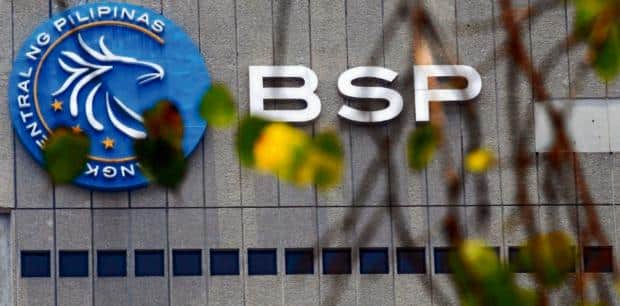The Bangko Sentral ng Pilipinas (BSP) has approved a “stringent” regulatory framework covering payments to merchants to ensure that sellers can smoothly and safely receive the funds sent by their customers for the sale of goods and services.
Circular No. 1198 dated July 19 set the minimum standards that operators of payment systems (OPS) must follow if they want to engage in the business of accepting and processing payment transactions on behalf of their partner sellers. Some examples of OPS are banks, e-wallets and remittance centers.
The “stringent” rules are also meant to help digital payments thrive in the country and facilitate “the smooth flow of funds in the economy,” according to the 12-page circular. The BSP had wanted to convert half of retail payment transactions in the country into digital by 2023 and onboard 70 percent of Filipino adults into the formal financial system.
The central bank said the regulations were designed to effectively manage the risks that typically come with merchant payment acceptance activities, particularly risks related to settlement, operations, IT, antimoney laundering and protection of merchants.
Apart from licensing and registration requirements, the BSP said OPS players must also comply with regulations on payments to merchants and pricing mechanism. They were also told to follow reportorial requirements, including submissions of their annual audited financial statements.
Requirements
The circular said each OPS shall maintain designated deposit accounts where the payments collected on behalf of the sellers are held separate from its own funds. It must ensure timely and complete funds settlement with the merchants.
The OPS must also have in place a dispute resolution framework containing details such as the transaction life cycle and explanation of the types of disputes and the process of dealing with them. It must also explain the responsibilities of all parties, as well as the procedure and turnaround time for addressing the grievance.
The OPS must also make sure that the transaction fees are “reasonable, transparent, market-based and proportional to the cost of the services.”
At the same time, OPS were reminded to obey the law on antimoney laundering and prevention of terrorism financing.
“The regulatory framework … ensures that OPS [players] that engage in merchant payments acceptance activities adopt commensurate governance structures and appropriate measures to effectively manage risks attendant to their business model,” the BSP said. INQ
